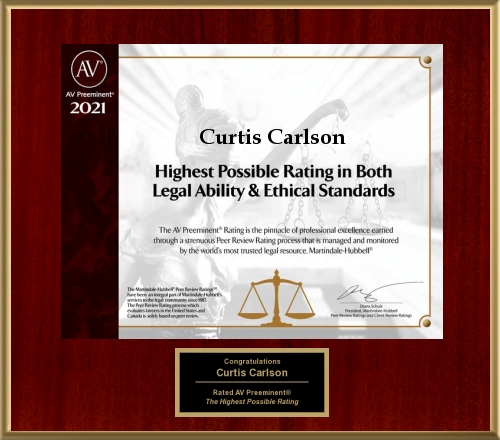Florida Investors Among those Affected By Real Estate Ponzi Scheme in California
On May 22nd, 2025, the Securities and Exchange Commission (SEC) announced securities fraud charges in relation to an alleged real estate Ponzi scheme in California. Kenneth Mattson—the former CEO of an investment entity called LeFever Mattson—is accused of running a $46 million Ponzi-like scheme to take advantage of unsuspecting investors. The SEC contends that nearly 200 investors have been affected, including some from Florida. Here, our Miami Ponzi scheme lawyer provides a more detailed overview of the securities fraud charges.
SEC Complaint: Real Estate Ponzi Scheme in Florida
The SEC filed a securities fraud complaint against Kenneth Mattson and his company LeFever Mattson in the United States District Court for the Northern District of California. The agency alleges that Mr. Mattson orchestrated a $46 million “Ponzi-like” scheme using real estate. Approximately 200 investors were affected—and many of them elderly retirees.
According to the SEC, the fraud occurred between 2007 to 2024. During that time, Mr. Mattson allegedly sold fake ownership interests in real estate limited partnerships managed by his firm. The fraudulent investments were not recorded in company books, and investors never gained legitimate ownership rights. Instead, Mr. Mattson allegedly used investor funds for personal expenses, real estate transactions, and Ponzi-style payouts.
Three Signs that Suggest a Real Estate Investment is a Ponzi-Like Scheme
Ponzi schemes remain one of the most common types of investment fraud. Real estate may be used to entice investors. Here are three signs that suggest a real estate investment opportunity may be a Ponzi scheme:
- Promises of Consistently High, Low-Risk Returns: Every investor wants high returns and low risks. Sadly, what sounds like it is too good to be true often is just that. If an investment guarantees above-average returns with little or no risk—especially in the volatile real estate market—it is a major red flag. Legitimate real estate investments are subject to market forces and cannot ensure fixed profits
- Lack of Transparent Documentation or Ownership Records: Real estate records should be clear, transparent, consistent, and available upon request. Indeed, real estate investments should come with clear, verifiable documentation, including partnership agreements, property ownership records, and your status as a limited partner.
- Reliance on New Investor Money: A classic hallmark of a Ponzi scheme is using new investor funds to pay returns to earlier investors instead of generating profits from legitimate business operations. If you notice aggressive new recruitment efforts, that may be a red flag.
In the unfortunate event that you suffered investment losses in a suspected or confirmed Ponzi scheme, it is imperative that you take immediate action to protect financial interests. An experienced Miami, FL investment fraud attorney can help.
Call Our Miami Ponzi Scheme Losses Attorney
At Carlson & Associates, P.A., our Miami investment fraud attorney has the knowledge, skills, and experience to take on the full range of claims, including Ponzi scheme cases. If you suffered significant financial losses in a Ponzi scheme, please do not hesitate to contact us today. With an office in Miami, we fight for the rights of investors throughout South Florida.
Source:
sec.gov/newsroom/press-releases/2025-76














